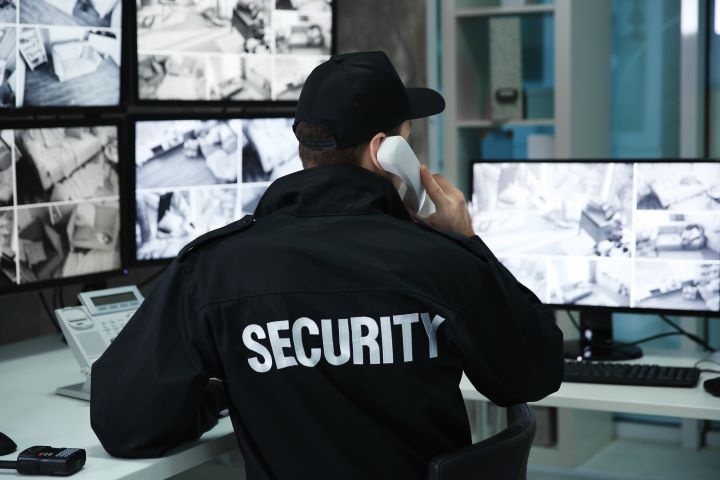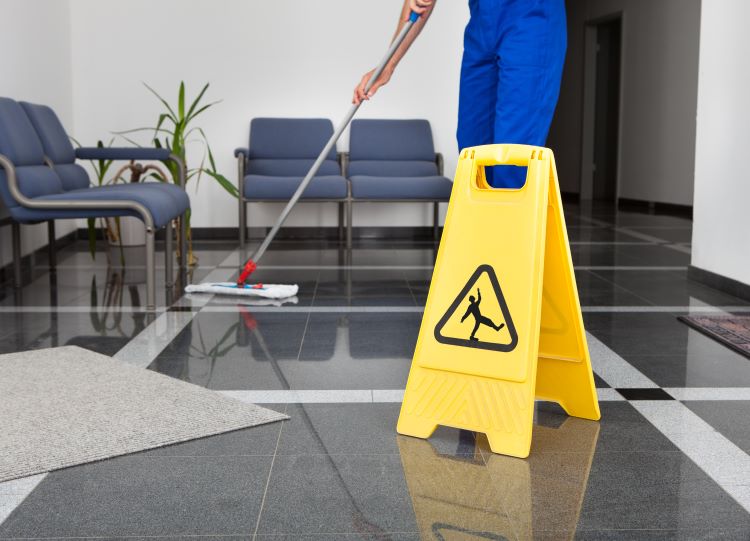Security Jobs: Roles, Responsibilities, and Industry Insights
The security industry encompasses a diverse range of career opportunities that serve critical functions in protecting people, property, and information across various sectors. From traditional physical security roles to cutting-edge cybersecurity positions, security jobs have evolved significantly to address modern challenges and technological advancements. These professionals play essential roles in maintaining safety and order in both public and private environments, making security work one of the most important and rapidly growing fields in today's economy.

What are the main responsibilities of a security job?
Security professionals handle a wide array of responsibilities that vary depending on their specific role and work environment. Core duties typically include monitoring and patrolling assigned areas, controlling access to facilities, conducting security screenings, and responding to emergencies or incidents. Many security personnel are responsible for operating surveillance equipment, writing detailed incident reports, and maintaining accurate logs of daily activities.
Additional responsibilities often encompass investigating suspicious activities, coordinating with law enforcement when necessary, and ensuring compliance with safety regulations and security protocols. Security officers may also provide customer service functions, assist visitors with directions or information, and conduct routine inspections of equipment and facilities to identify potential security vulnerabilities.
How do security roles differ across public and private sectors?
Public sector security positions, such as those in government buildings, airports, or public transportation systems, typically involve stricter regulations and extensive background checks. These roles often require adherence to federal guidelines and may include specialized training for handling classified information or managing large crowds during public events.
Private sector security jobs offer more variety in terms of work environments, ranging from corporate offices and retail establishments to residential complexes and entertainment venues. Private security professionals may have more flexibility in their approach to security measures but often work with limited resources compared to their public sector counterparts. Corporate security roles frequently involve protecting intellectual property, managing workplace safety protocols, and coordinating with internal departments on security-related matters.
Why is security work increasingly important in modern society?
The growing importance of security work stems from several factors that reflect contemporary societal challenges. Increased urbanization, higher crime rates in certain areas, and the rise of terrorism threats have created greater demand for professional security services. Additionally, the proliferation of valuable technology and sensitive data in workplaces has made comprehensive security measures essential for business operations.
Economic factors also contribute to the field’s importance, as businesses and organizations seek to protect their investments, reduce liability, and maintain consumer confidence. The expansion of global commerce and international travel has created new security challenges that require specialized expertise and continuous monitoring. Furthermore, regulatory requirements in various industries mandate specific security protocols, creating steady demand for qualified security professionals.
What skills are commonly valued in the security field?
Successful security professionals possess a combination of technical skills and personal attributes that enable them to handle diverse situations effectively. Strong observational skills, attention to detail, and the ability to remain calm under pressure are fundamental requirements. Excellent communication skills are essential for interacting with colleagues, clients, and the public, while physical fitness may be necessary depending on the specific role requirements.
Technical competencies increasingly include familiarity with security systems, surveillance equipment, and basic computer operations. Many employers value candidates with knowledge of emergency response procedures, first aid certification, and understanding of legal guidelines related to security work. Problem-solving abilities, integrity, and reliability are consistently ranked among the most important personal qualities employers seek in security personnel.
How is technology changing the daily work of security professionals?
Technology has transformed security work through the integration of advanced surveillance systems, access control technologies, and digital monitoring tools. Modern security professionals routinely operate sophisticated camera systems with facial recognition capabilities, manage electronic key card systems, and monitor multiple locations remotely through centralized control centers.
Mobile technology has enabled real-time communication and incident reporting, allowing security teams to respond more quickly to situations and maintain better coordination. Artificial intelligence and automated alert systems now assist in identifying potential threats, though human judgment remains crucial for interpreting and responding to these technological inputs. Additionally, cybersecurity has emerged as a major component of many security roles, requiring professionals to understand both physical and digital security measures.
The security industry continues to evolve as organizations recognize the critical importance of comprehensive protection strategies. Whether working in traditional physical security roles or specialized technology-focused positions, security professionals serve as essential guardians of public safety and organizational assets. As technology advances and security challenges become more complex, career opportunities in this field are expected to grow, offering stable employment prospects for individuals with the right skills and dedication to protecting others.




